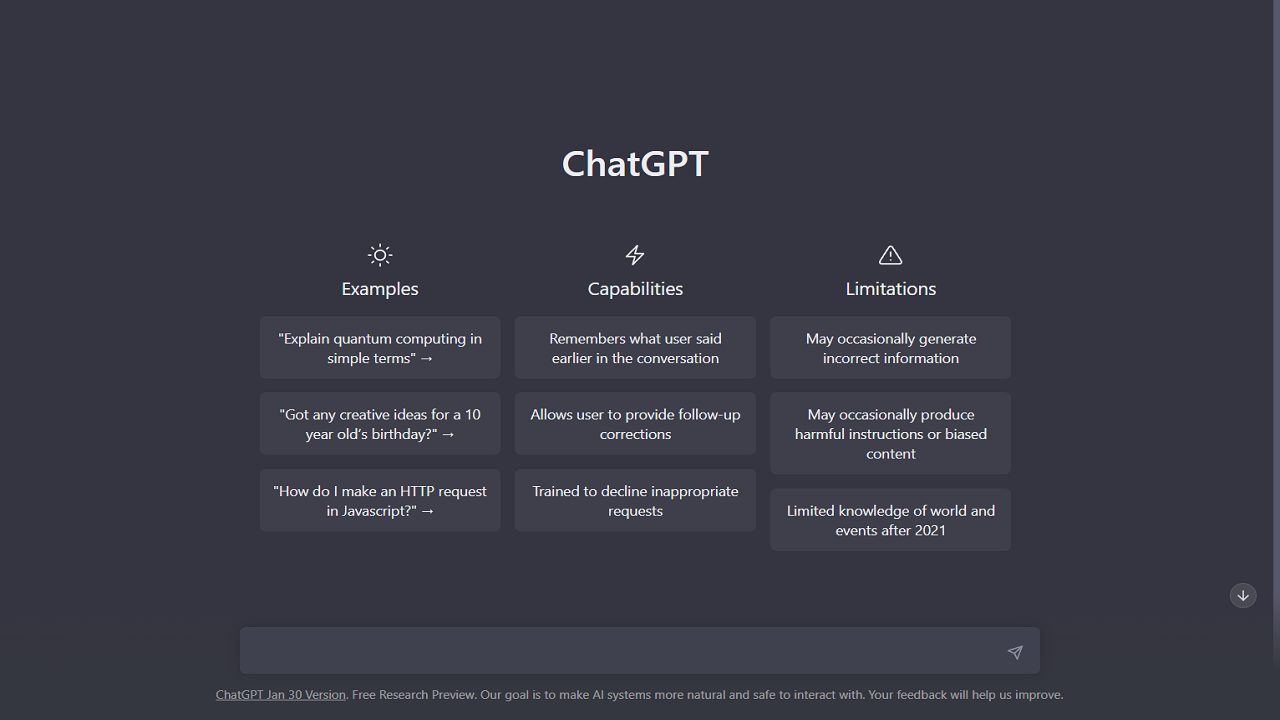The Dark Side of ChatGPT's Popularity: Malware Distributors Target Facebook Users
The blog discusses how the popularity of ChatGPT, an AI language model, is being exploited by cybercriminals to spread malware through Facebook accounts. The blog highlights how malware distributors create fake ChatGPT accounts and use them to trick users into downloading malware. The blog suggests that users need to be cautious and verify the authenticity of ChatGPT accounts, keep their security software up to date, and protect personal information to prevent cybercriminals from gaining access to sensitive data. By being vigilant and taking necessary precautions, users can enjoy the benefits of ChatGPT while keeping their devices and personal information secure.

ChatGPT is one of the most advanced artificial intelligence language models available today. With its powerful language processing capabilities and ability to generate human-like responses, it has become incredibly popular among internet users.
However, this popularity has attracted the attention of cybercriminals who are now exploiting ChatGPT to spread malware through Facebook accounts. Malware distributors are taking advantage of ChatGPT's popularity to propagate their malicious software through Facebook accounts, posing a serious threat to the security of users.
Malware is any software designed to cause harm to computer systems or steal sensitive information. Cybercriminals use various techniques to spread malware, including phishing scams, social engineering tactics, and the exploitation of vulnerabilities in software.
One of the most common methods of spreading malware is through email attachments, but cybercriminals are now turning to social media platforms like Facebook to distribute malware. In this case, they are using ChatGPT's popularity to trick users into downloading malicious software.
The malware distributors create fake ChatGPT accounts on Facebook, using ChatGPT's name and logo to make the accounts look legitimate. They then send messages to users, encouraging them to download a new version of ChatGPT or click on a link to access the latest features.
Once the user clicks on the link, they are directed to a fake ChatGPT website, where they are asked to download a file that contains the malware. Once the malware is downloaded, it can infect the user's computer, steal sensitive information, and cause other forms of harm.
To avoid falling victim to these attacks, users must be cautious when interacting with ChatGPT on Facebook. It is important to verify the authenticity of ChatGPT accounts before downloading any files or clicking on any links.
Users should also keep their antivirus and security software up to date and be wary of suspicious messages or emails. It is essential to protect personal information, such as login credentials and financial information, to prevent cybercriminals from gaining access to sensitive data.
In conclusion, ChatGPT's popularity has made it a target for cybercriminals who are using it to spread malware through Facebook accounts. It is important to stay vigilant and take necessary precautions to protect against these threats. With the right awareness and cybersecurity measures, users can continue to enjoy the benefits of ChatGPT while keeping their devices and personal information secure.










